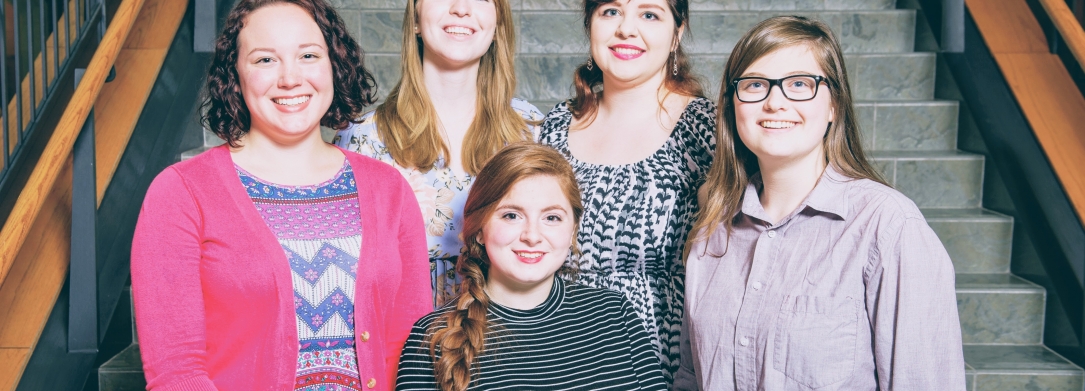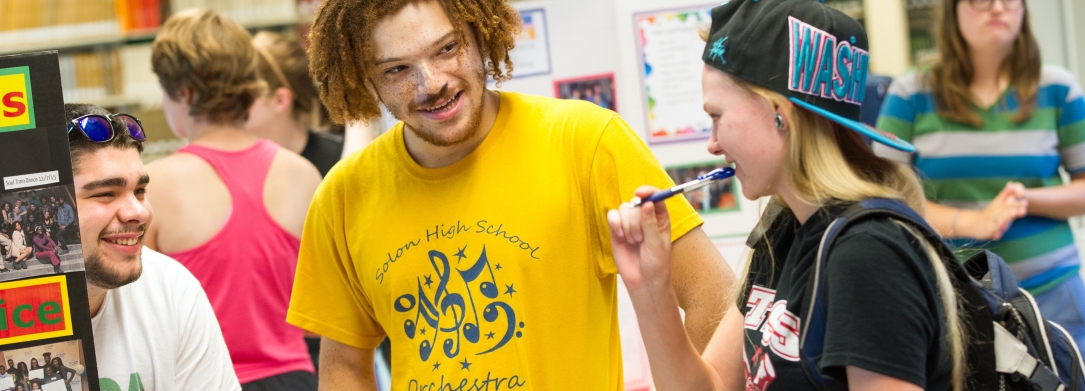Is Safe Zone appropriate at a Jesuit university?
Yes. Students are educated at John Carroll University in the Jesuit tradition of cura personalis, the care of the whole person. Briefly stated, the mission of the University is “a commitment to a church within the world, serving the human search for truth and value, and for justice and solidarity.” John Carroll inspires individuals to excel in learning, leadership, and service in the region and in the world. To achieve this goal, the University creates an inclusive community where differing points of view and experience are valued as opportunities for mutual learning. Lastly, the University is committed to the intellectual, spiritual, emotional, and physical development of each student.
Programs like Safe Zone help to increase awareness and support for the LGBTQ+ community on campus. Many Jesuit Universities have Safe Zone programs, including Georgetown University, Santa Clara University, University of San Francisco, Boston College, and Loyola University Chicago. The Safe Zone program at John Carroll University was developed with input and support from campus stakeholders.
What is an ally?
In the most general sense, an “ally” is a person who is a member of the majority group who works to end oppression in their personal and professional life through support of, and as an advocate for, the oppressed population. Allies to racial, religious, a

What are the responsibilities of an ally?
Allies commit to foster a campus environment where homophobia is not tolerated and heterosexism is challenged. They continue to educate themselves on how to be an ally for LGBTQ+ people.

What are the benefits?
Safe Zone fosters the opportunity to interact and learn from one another in our diverse community. Allies make a difference on campus—even if they don’t see or hear it all the time. Allies live out the Jesuit mission by making a personal contribution to